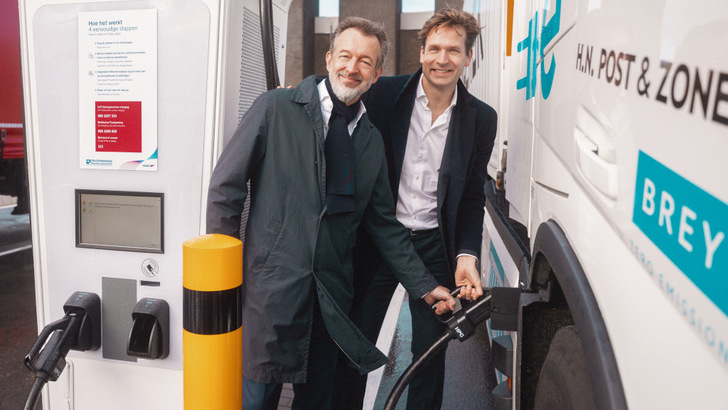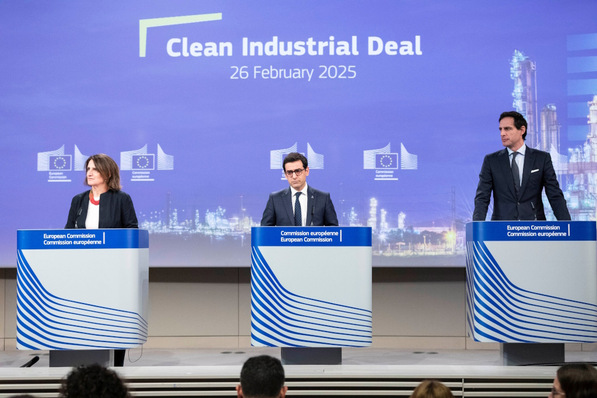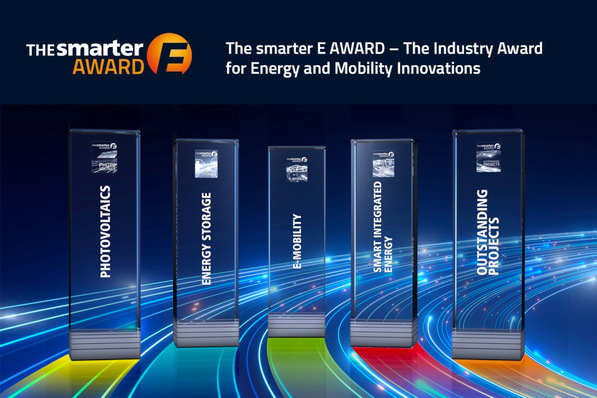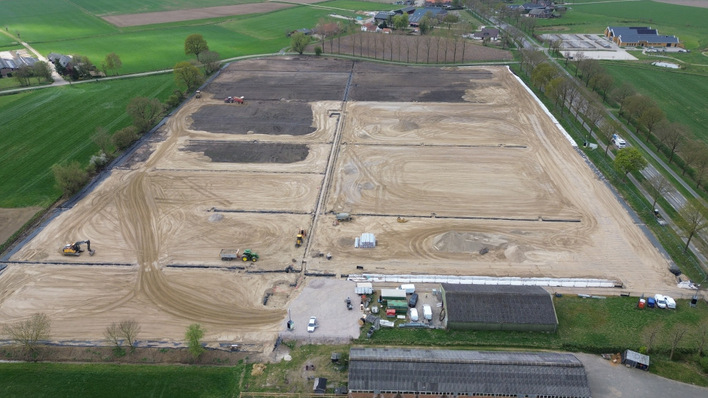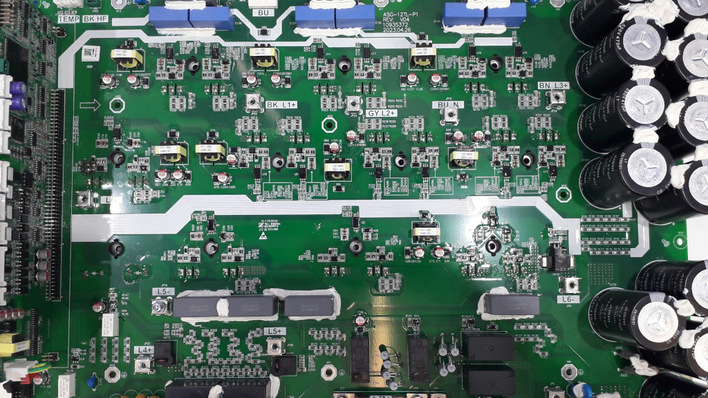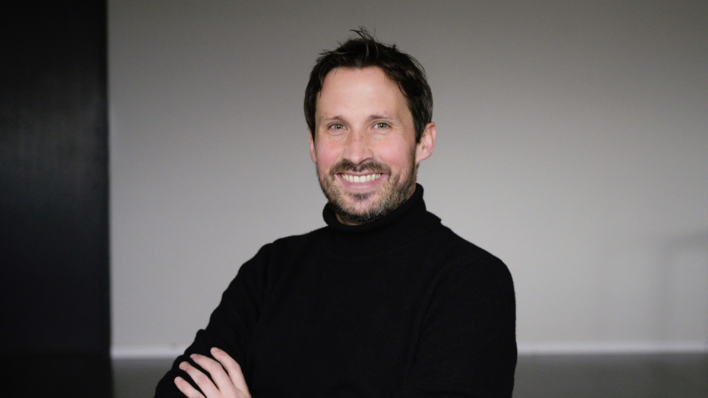The first charging station for electric lorries has gone into operation in the port of Rotterdam. The charging station, which was built together with Truckparkings Rotterdam Exploitatie (TRE), is located in the Bodaanweg lorry park in the Waalhaven. Up to eight lorries can charge at the same time.
Making logistics more sustainable
For the port operator, this is the next step towards sustainability. After all, studies show that around 70 per cent of container journeys remain on roads within the region. Electric trucks are ideally suited to making journeys over these relatively short distances more sustainable, emphasises the port operator. "Sustainable logistics is an important pillar of our strategy for a future-proof port with net-zero CO2 emissions," explains Boudewijn Siemons, COO and currently Acting Managing Director of the Port of Rotterdam Authority. "Providing charging infrastructure for lorries can make the transport sector more sustainable. Electric freight transport also contributes directly to improving air quality in the port."
No reservation necessary
In collaboration with the Port of Rotterdam Authority, TRE has installed five charging points in the truck parking area, which has space for a total of eight electric trucks. The lorry parking spaces are designed for a safe, comfortable stay. The parking and charging bays are monitored around the clock. The charging process should be kept as simple as possible.
See also: Komatsu launches electric excavator - soon also in Europe
This is why lorry drivers do not have to reserve a parking space in advance. They can report directly to the intercom at the entrance and drive into the bay. In addition, the Port of Rotterdam does not charge parking fees for electric lorries. Drivers can still use all the facilities of the guarded lorry park.
Charging when the drivers are asleep
For transport companies, the longer charging process compared to diesel refuelling is not an obstacle. "This is because hauliers can plan smart combinations, for example by charging their trucks while the drivers are taking their legally required rest break in the car park," explains Ton Barten, Director of TRE.
Also interesting: Fully climate-neutral PV logistics centre
"In this way, the transition to sustainable transport can be implemented conveniently, safely and easily without any loss of time. This paves the way for hauliers to become more sustainable and invest in an electric fleet."
More peace and quiet for Rotterdam
The project in Waalhaven was realised in collaboration with ABB E-Mobility, Batenburg Techniek, KWS Infra, Stedin and Varo Energy. The latter is responsible for operating the charging points for TRE. More electric lorries on the road is a real benefit for the city. "The more quiet, clean and sustainable trucks there are in the city and port, the more positive it is," emphasises Vincent Karremans, Alderman for Implementation, Public Space and Mobility of the City of Rotterdam. "With this charging station, we are taking another step towards a more sustainable lorry fleet and a more liveable Rotterdam."
Do you want to stay up to date on the energy transition? Then subscribe to our free newsletter!
50 charging points needed
The port operator is also taking these steps. A study conducted by the Netherlands Organisation for Applied Scientific Research (TNO) on behalf of the Port of Rotterdam Authority has shown that around two,000 electric trucks are expected in the port area by 2030. This will require around 50 charging points.
First electric lorries already on the road
The first electric trucks are already on the road in the port area. Since 2021, companies such as beverage manufacturer Innocent Drinks and freight forwarder Den Hartogh have put the first electrically powered 50-tonne trucks into operation in Rotterdam. In 2022, the Danish shipping company DFDS placed an order for more than 125 electric lorries in Europe. Some of these will also be used in Rotterdam. In addition to electrification, hydrogen will also play a role in sustainable transport. (su/mfo)


